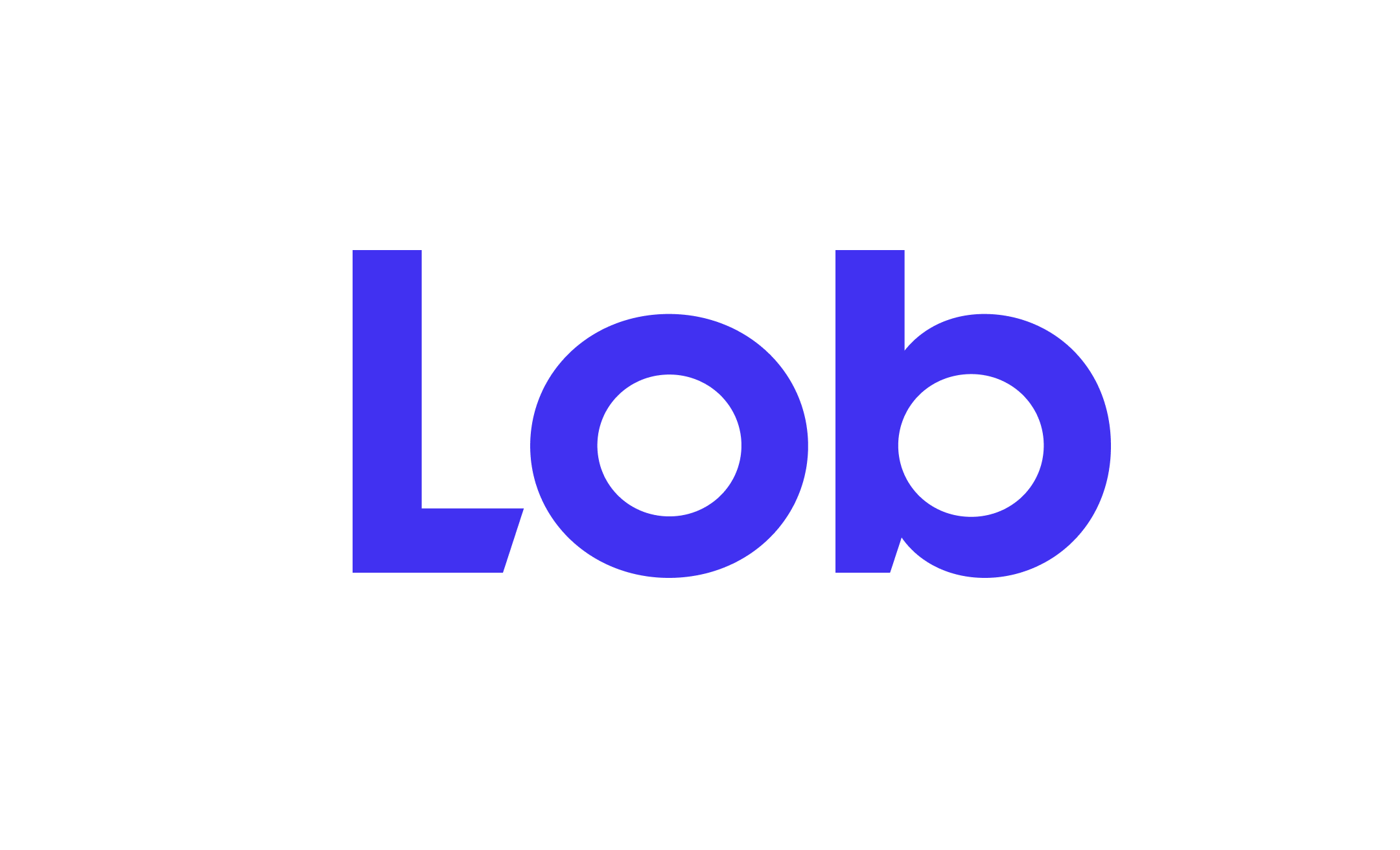Dive Brief:
- Multinational consumer goods company Unilever announced plans to "unstereotype" its advertising, promising to end sexist stereotypes in its ads, according to the Guardian.
- Unilever made the decision after research found that only 2% of ads show intelligent women.
- Unilever is the world’s second largest advertiser, spending roughly $9 billion annually on ads.
Dive Insight:
Inclusiveness has become a trend in advertising, and Unilever is the latest to embrace the idea. The move comes shortly after London Mayor Sadiq Khan announced a ban on “unhealthy or unrealistic body images” on advertising appearing on public transportation in the city.
Unilever's move stems from research that found stereotyping in advertising was most prevalent toward women. The global ad study found only 3% of ads featured women in managerial, leadership or professional roles, while 40% of surveyed women reported they do not identify with the women they see in ads.
“The time is right for us as an industry to challenge and change how we portray gender in our advertising,” Unilever chief marketing officer, Keith Weed, told the Guardian. “Our industry spends billions of dollars annually shaping perceptions and we have a responsibility to use this power in a positive manner.”
The idea of inclusive marketing is on the rise at a time when millennials — and their buying power of almost $2.5 trillion — are rewarding brands they deem socially responsible.







